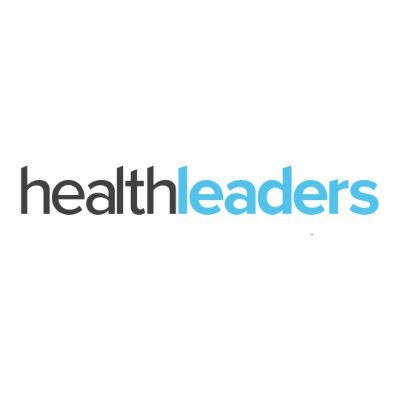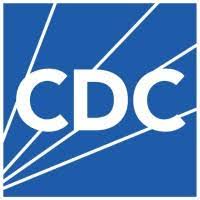
Editor's Note High-volume joints and spine procedures in ambulatory surgery centers (ASCs) require more than a “healthy” patient—success hinges on rigorous screening, block-and-flow efficiency, tech-enabled standardization, and a culture where anyone can say “stop,” this session’s speakers said. Comprising Robert Bray, MD, FAANS, CEO and founding director of DISC Sports…

Editor's Note A Phase III clinical trial comparing transcatheter aortic valve replacement (TAVR) with traditional open-heart surgery found no significant differences in key health outcomes 7 years after treatment, Cedars-Sinai October 27 reports. The international PARTNER 3 trial, led by Raj Makkar, MD, and published in The New England Journal…

Editor's Note More than 200,000 older Americans underwent back surgeries they likely did need, costing Medicare and Medicare Advantage a combined $1.9 billion, Axios October 9 reports. The findings, based on an analysis by the Lown Institute, raise new concerns about overuse of high-cost procedures with limited benefit, as federal…

Editor's Note Older adults with a body mass index (BMI) in the overweight range had significantly lower odds of death after major elective surgery compared with those in the normal BMI category, an August 26 study published by JAMA Network reports. The cohort study followed 414 adults aged 65 years…

Editor's Note The Perioperative Nutrition Screen (PONS) identifies patients at greater risk of complications following pancreatic cancer surgery, according to a retrospective analysis published August 27 by Research Square. The study found that patients flagged for nutrition risk by PONS experienced longer hospital stays, higher complication rates, and were more…

Editor's Note Allowing older surgical patients to keep dentures, glasses, and hearing aids until anesthesia and restoring them immediately afterward significantly lowered postoperative delirium (POD) rates, according to a study published in BMC Geriatrics on August 30. The prospective before-and-after trial followed patients aged 70 and older undergoing hip fracture…

Editor's Note Deaths from falls among Americans over 65 have more than tripled in the past 3 decades, raising alarm among geriatric experts and fueling debate about the role of prescription drugs, HealthLeaders September 15 reports. The Centers for Disease Control and Prevention (CDC) recorded more than 41,000 fall-related deaths…

Editor's Note Depression rates in the US remain at historic highs, affecting more than 47 million adults, with young people and lower-income households experiencing the sharpest increases, a Gallup survey published on September 9 reports. The latest survey shows 18.3% of adults currently report having or being treated for depression,…

Editor's Note The Centers for Disease Control and Prevention (CDC) expects that COVID-19, influenza, and RSV will together drive a similar level of peak hospitalizations this fall and winter compared to last season, according to a CDC August 25 outlook. The assessment, updated every 2 months, provides a baseline for…

Editor's Note Older age alone should not exclude patients from ambulatory general surgery. A retrospective study published in Cureus on August 27 found that patients over 75 undergoing short-stay general surgical procedures experienced complication and reintervention rates comparable to younger peers, despite higher comorbidity and anesthetic risk scores. The analysis…